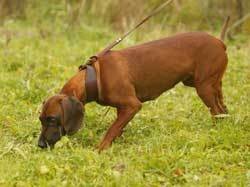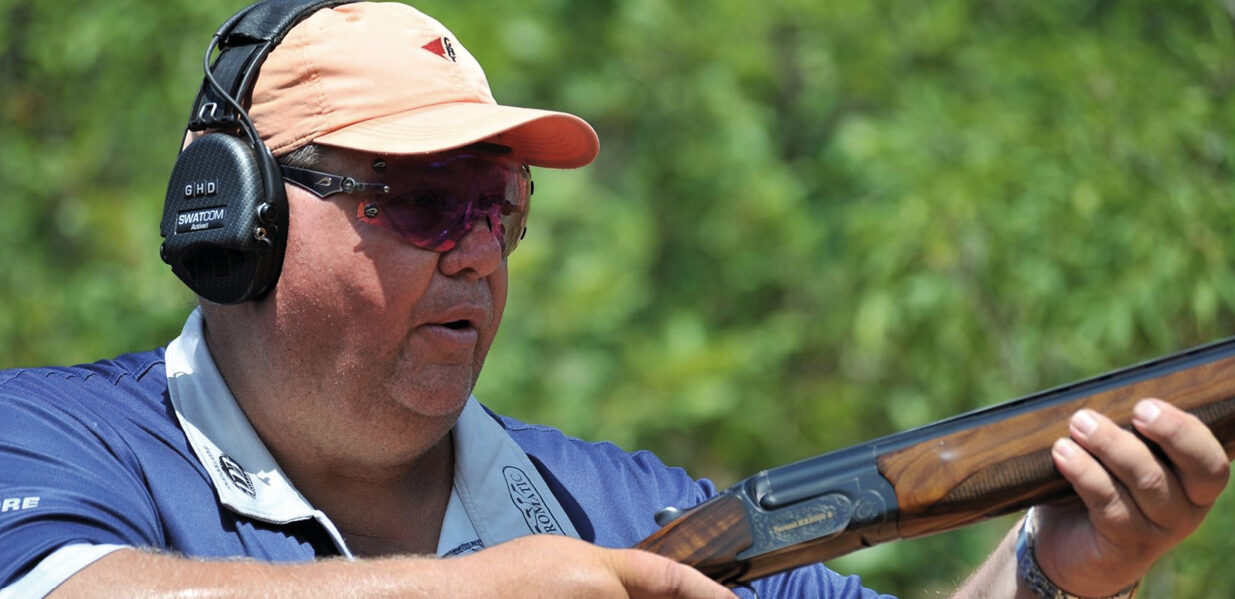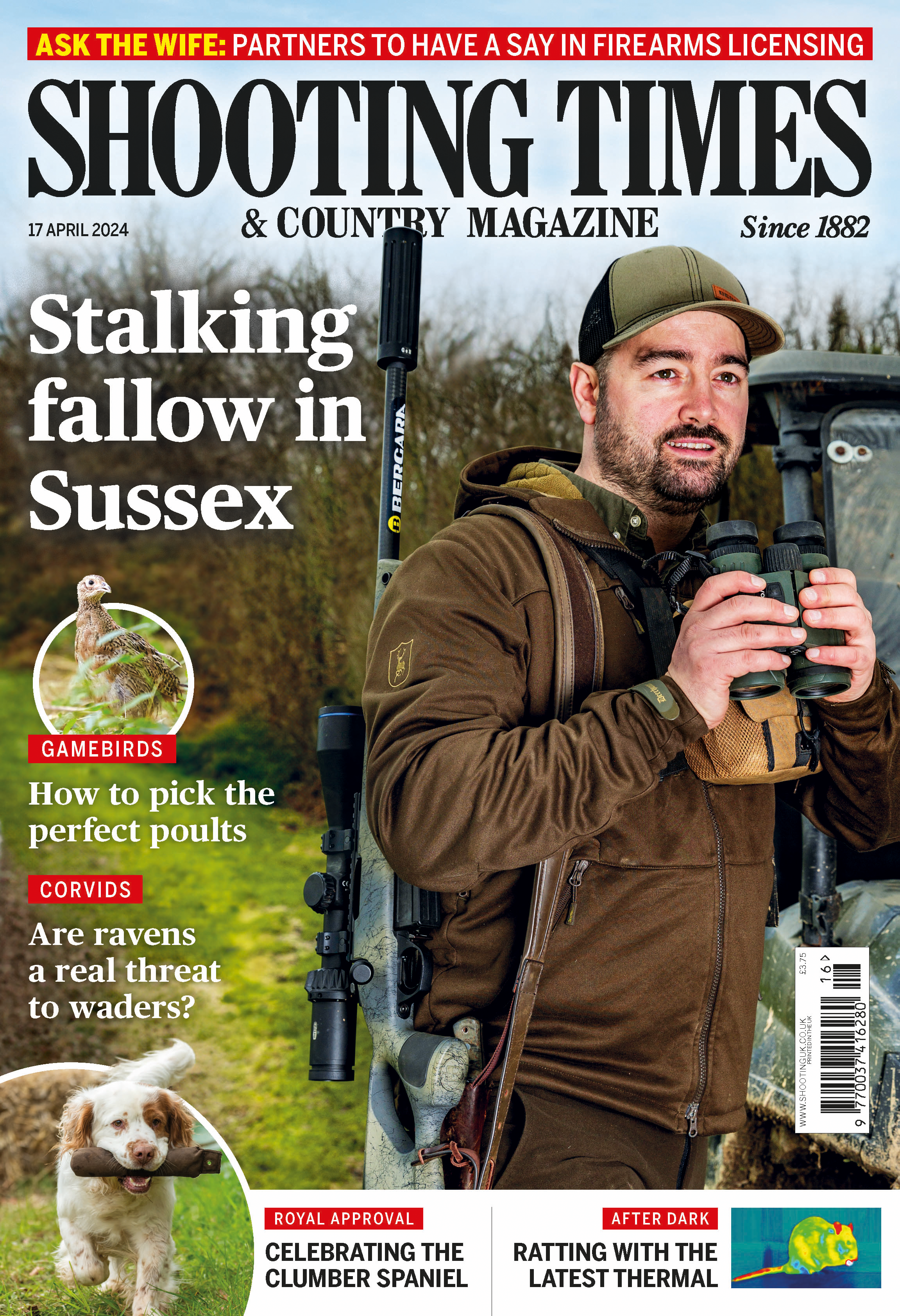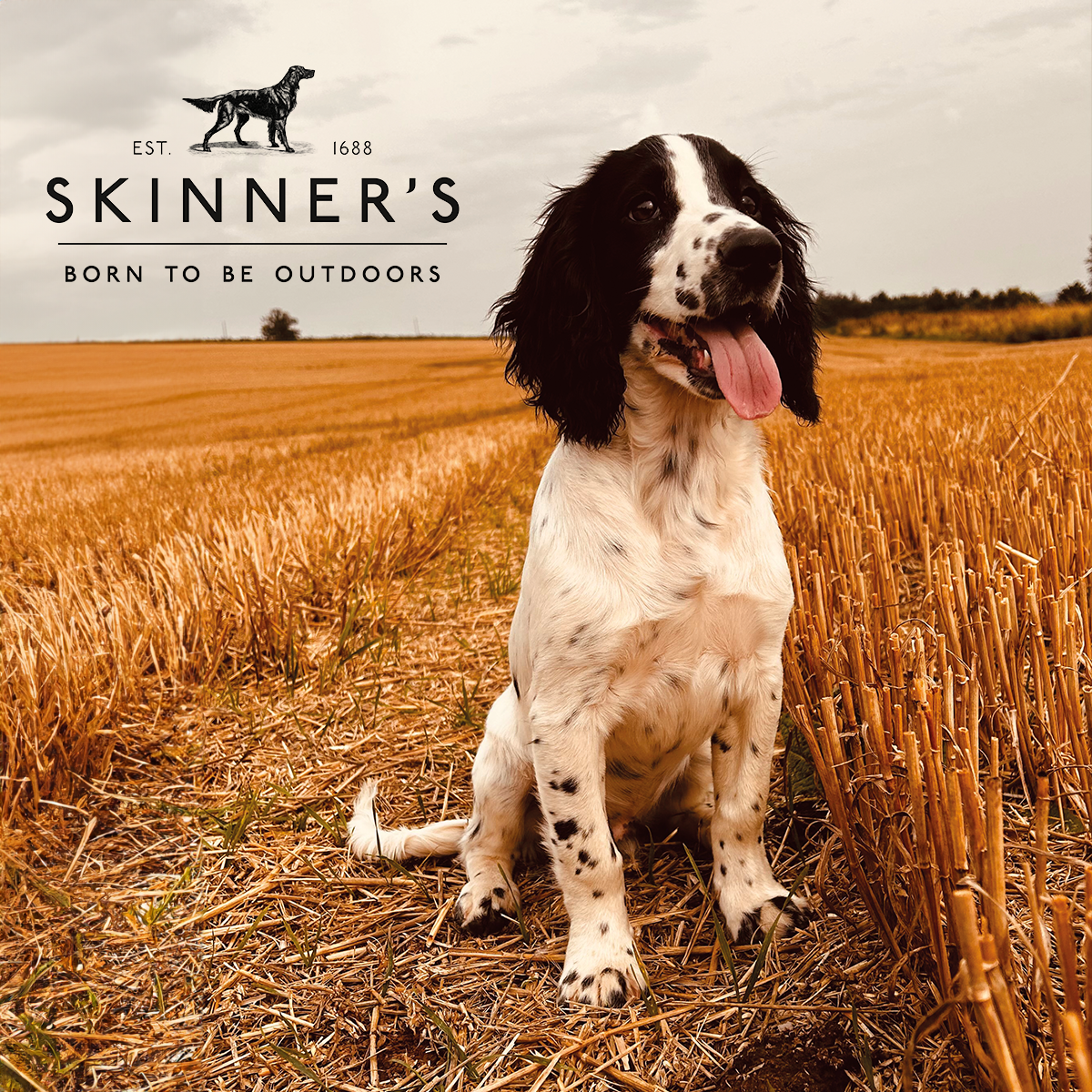On the scent

Scent, largely a mystery to us humans, is constantly being taken in and analysed by our dogs; and one of the reasons for the close affinity between people and dogs originally was the human exploitation of dogs? scenting capabilities. But why do some dogs find and use their olfactory information so much better than others? How can these individuals be so much better than dogs bred entirely for following scent? As ever, there are myths that we should challenge. Should scent hounds have vast dribbling flews, like the show bloodhound or the basset? Or are the neat muzzles of foxhounds and beagles perfectly effective for scenting? How can a tightmouthed terrier drop a nose the size of a button and track its wellington-booted owner unerringly through a sea of similar green rubber legs? And how can a collie find sheep or lost ramblers, sometimes in appalling weather?
We harness dogs? scenting powers in search and rescue operations, drug and explosives detection, stalking, herding, hunting, earth work, tracking criminals, pest control and even medicine ? dogs have proved accurate at detecting a variety of human illnesses. Why are we surprised, when they are so good at finding illness and weaknesses in each other? And how can some breeds be so much better at it than others?
As with hearing, sight and intelligence, some dogs are born with a physical advantage. For example, a short-snouted dog can never be as capable as one with a more natural muzzle, because its scent-receiving equipment has been truncated. But scent is also about interpretation and experience. Dogs such as terriers, which are expected to work on their own initiative, can be a lot more confident at working scent than a dog that has been trained to take direction.
A terrier gets to an earth and cold-scents from hole to hole until it chooses its entry point, or else refuses to go down because nothing is there at that moment. Terriers are seldom given full credit, not just for their ability to find scent, but also for their intelligence at interpreting it. Coldscenting breeds, such as bloodhounds and otterhounds, tend to dwell on old scent; the otter packs of old usually included a few foxhounds to speed up the process. Bloodhounds, allegedly, could follow scent that was days old. I wonder if they still can today?
I have seen some spectacular eyewipes from some unlikely candidates. I once watched a fox cross a field, followed by a pack of hounds that could not make anything of the scent. After 50-odd horses had crossed as well, a nine-month-old lurcher pup that was three-quarters greyhound put her nose to the ground and followed the scent exactly where the fox had gone. Why did she succeed where a whole pack of purpose-bred hounds had failed? Possibly because a pack works as the sum of its parts, each hound having differing but compatible skills, whereas lurchers are expected to work alone.
Our gundogs don?t just use scent to find game. They listen, too, and several breeds? working techniques involve cover-bashing before scent-seeking. As they gain experience, so they use their noses more, developing confidence in turn. Dogs allowed to use their initiative learn bigger lessons than dogs taught to rely on humans for guidance. But it takes nerve on the part of the handler, because control is on a knife-edge while the dog is developing its hunting skills. Horses for courses, hounds for grounds ? we would be unwise to create situations inappropriate for our particular sporting needs.
Sometimes we have to sacrifice one skill to maintain another. This is why we have bred such a high level of co-operation into our gundogs, because it is no use having a fantastic nose if the dog does not do what we want it to. The danger here is in over-handling, where the dog knows better than the handler but is so highly trained that it subjugates its own superior knowledge ? because we can?t tell what scent it is working with ? in order to obey as it has been taught. It is only too easy to crush initiative, especially in such obliging creatures as our gundogs.
We can never be anything like as good as our dogs at knowing about scent, and we might get better results by trusting them more. Maybe the reason one dog eyewiped another wasn?t that it is a better dog, but that it has had wider opportunities to learn about finding and using scent in all its glorious complexities.








